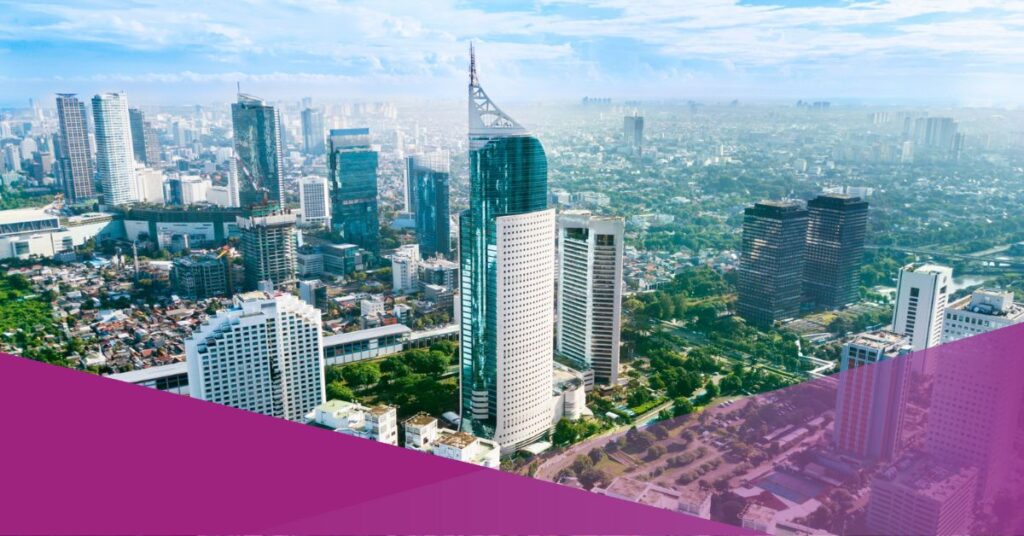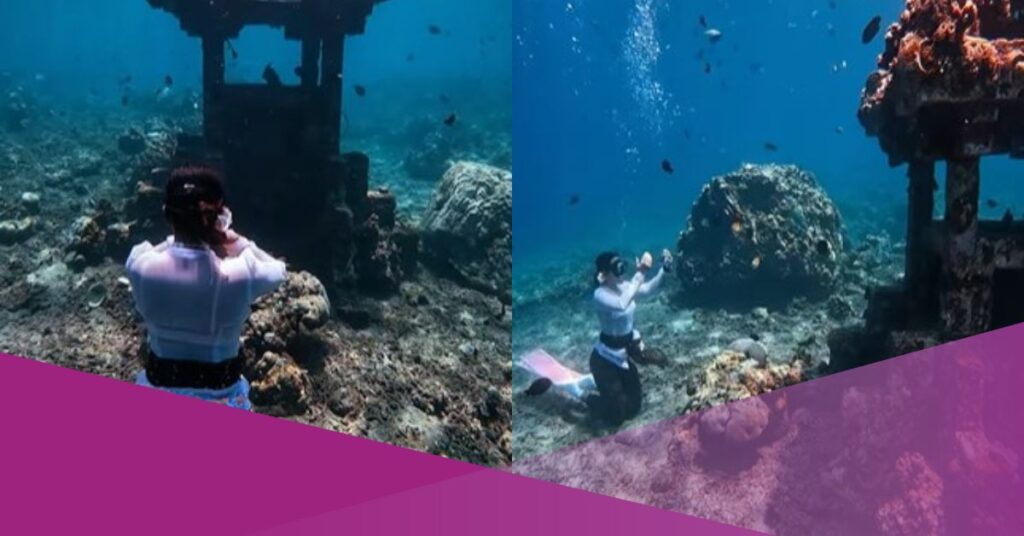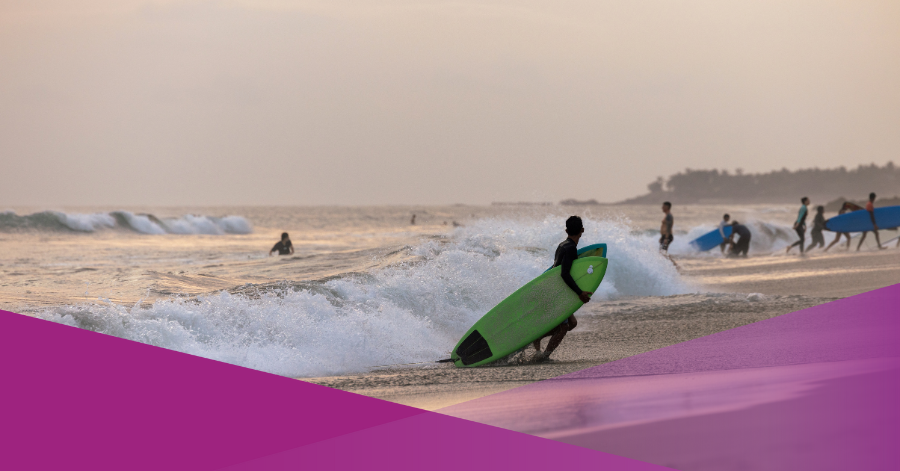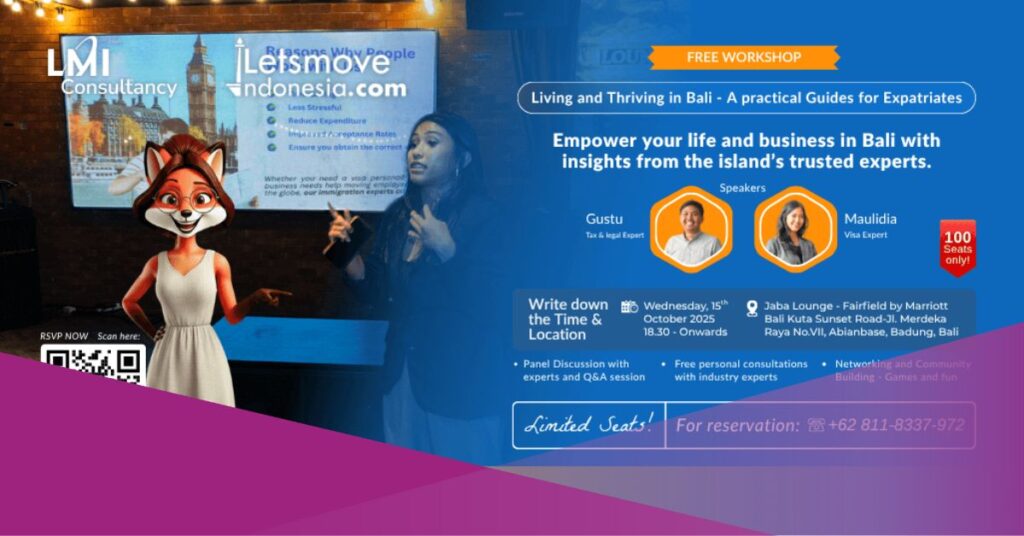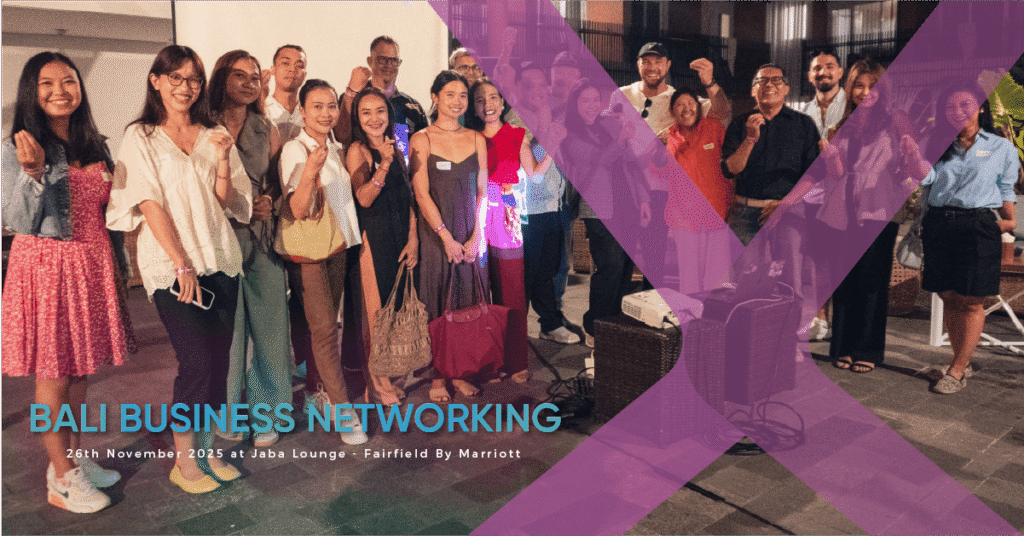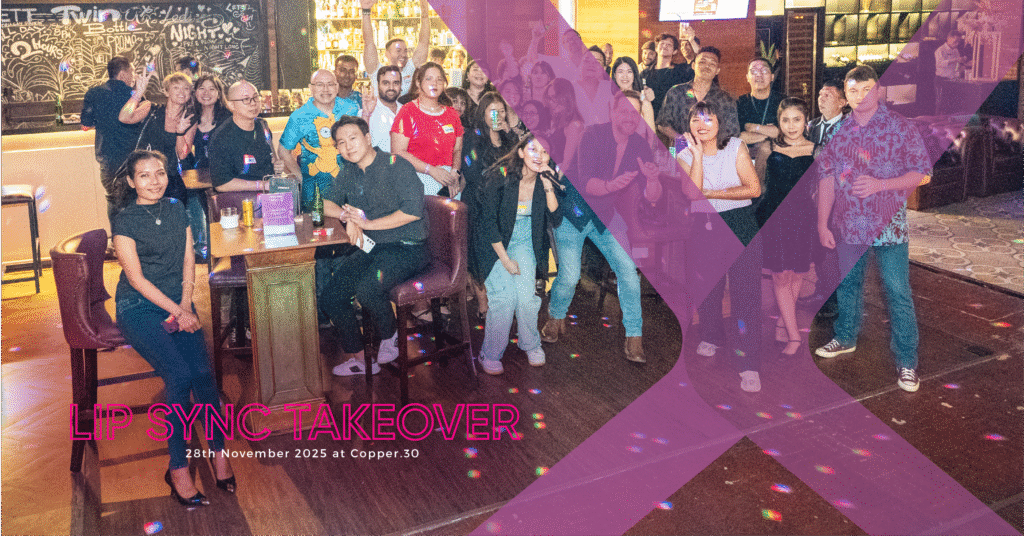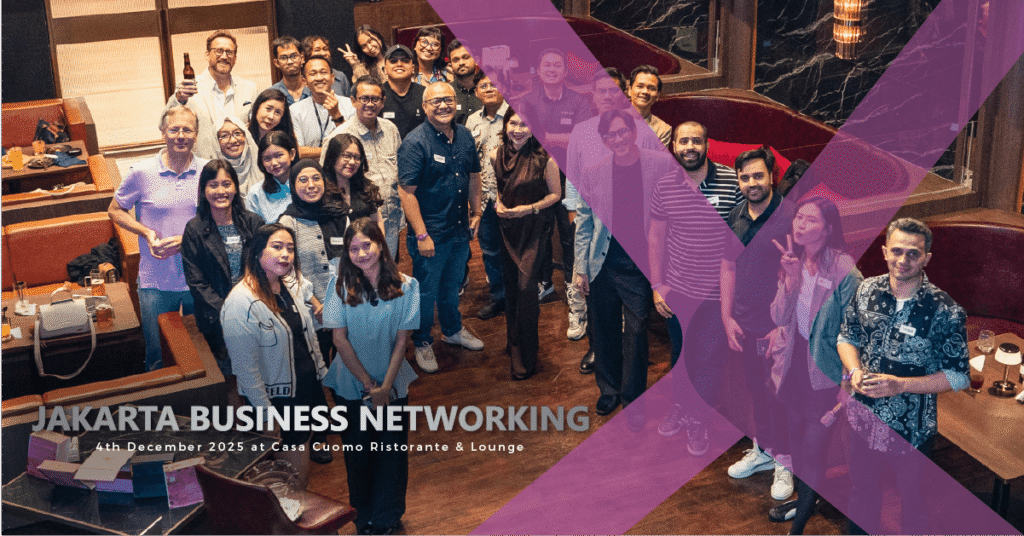Congratulations! You’ve just unlocked the door to your dream apartment in Indonesia. But hold on a minute – before you unpack those boxes and crank up the tunes, there’s one crucial piece of the puzzle to understand: your property ownership letter.
For foreigners in Indonesia, navigating the legalities of apartment ownership can feel like deciphering an ancient map. Fear not, This guide will be your compass, helping you understand the different types of ownership letters and how to manage your Indonesian apartment like a pro.
We will guide you through the two main types of apartment ownership certificates in Indonesia and provide tips for managing your apartment effectively along with the comprehensive solutions.
Types of Apartment Property Ownership Letter

In Indonesia, there are two primary types of apartment ownership certificates:
Strata Title Certificate for Apartment Units (SHMSRS)
This certificate allows foreign investment that grants you full ownership rights of your specific apartment unit. Additionally, it grants you shared ownership right to use of the land the building sits on and all common areas like hallways, lobbies, and facilities (pools, gyms, etc.). SHMSRS ownership provides the most control and flexibility.
Pros and Cons of SHMSRS in Indonesia
Pros of SHMSRS Ownership
-
Greater Control and Flexibility: SHMSRS grants you significant control over your property. You can rent it out, renovate it (within AOA limitations), and even sell it freely. This flexibility allows you to maximize the potential of your investment.
-
Shared Property Appreciation: As part-owner of the land and common areas, you benefit from any increase in the building’s overall value. This can be a significant advantage in a growing property market.
-
Voting Rights and Decision-Making: SHMSRS ownership grants you voting rights in the Management Unit (PPPSRS) meetings. You can have your voice heard on crucial decisions regarding maintenance, building improvements, and overall management.
-
Security of Ownership: A SHMSRS certificate is a legally recognized document solidifying your ownership rights. This provides peace of mind and security for your investment.
Cons of SHMSRS Ownership
-
Higher Costs: Apartments with SHMSRS titles often come with a higher initial purchase price compared to those with SKGB certificates. Additionally, you’ll shoulder a larger portion of the maintenance fees associated with the common areas and land.
-
Management Responsibilities: SHMSRS ownership comes with the responsibility to participate in the PPPSRS. This can involve attending meetings, voting on decisions, and potentially even serving on the board of directors.
-
Potential for Disagreements: With multiple owners sharing the common areas and land, disagreements regarding maintenance, renovations, or building rules can arise. Navigating these disagreements requires effective communication and compromise within the PPPSRS.
-
Dependence on Others: The success of the building’s upkeep and value relies on the collective effort of all SHMSRS owners. If some residents neglect their financial obligations or fail to participate actively, it can affect the overall well-being of the building.
Building Ownership Certificate (SKGB)
This certificate grants ownership in Indonesia solely to your apartment unit itself. However, the land beneath the building remains under the developer’s control, typically managed with a Right of Utilization (HPL). You’ll have shared land ownership of the common areas but less control over the property in Indonesia.
Understanding which certificate you hold is essential, as it affects your rights and responsibilities as an ownership of apartment units.
Pros and Cons of Building Ownership Certificate (SKGB) in Indonesia
Pros of SKGB Ownership
-
Lower Cost: Apartments with SKGB titles are generally more affordable than those with SHMSRS. This can be a significant advantage for budget-conscious buyers.
-
Less Management Hassle: Since the land is not under ownership by residents, the developer typically holds the Right of Utilization (HPL) and is responsible for managing the common areas and land. This frees you from some management responsibilities.
-
Simpler Decision-Making: With the developer managing the common areas, there’s potentially less need for extensive resident discussions and decision-making on maintenance or upgrades.
-
Potentially Predictable Fees: Maintenance fees might be more fixed or predictable, as the developer may handle a larger portion of the upkeep.
Cons of SKGB Ownership
-
Limited Control and Flexibility: Your control over renovations and modifications might be restricted by the developer’s HPL agreement and the building’s AOA. Renting out your unit might also require following the developer’s regulations.
-
Dependence on Developer: The building’s overall condition and value depend heavily on the developer’s management decisions and adherence to the HPL agreement. There’s less direct influence you can exert on these factors.
-
Uncertain Appreciation Potential: Since you don’t own the land, your property’s value appreciation might be solely tied to the apartment unit itself, potentially limiting long-term gains.
-
Potential for Future Issues: If the HPL agreement expires or there are disputes with the developer regarding maintenance, residents might face challenges in securing the building’s future.
Managing Your Property in Indonesia
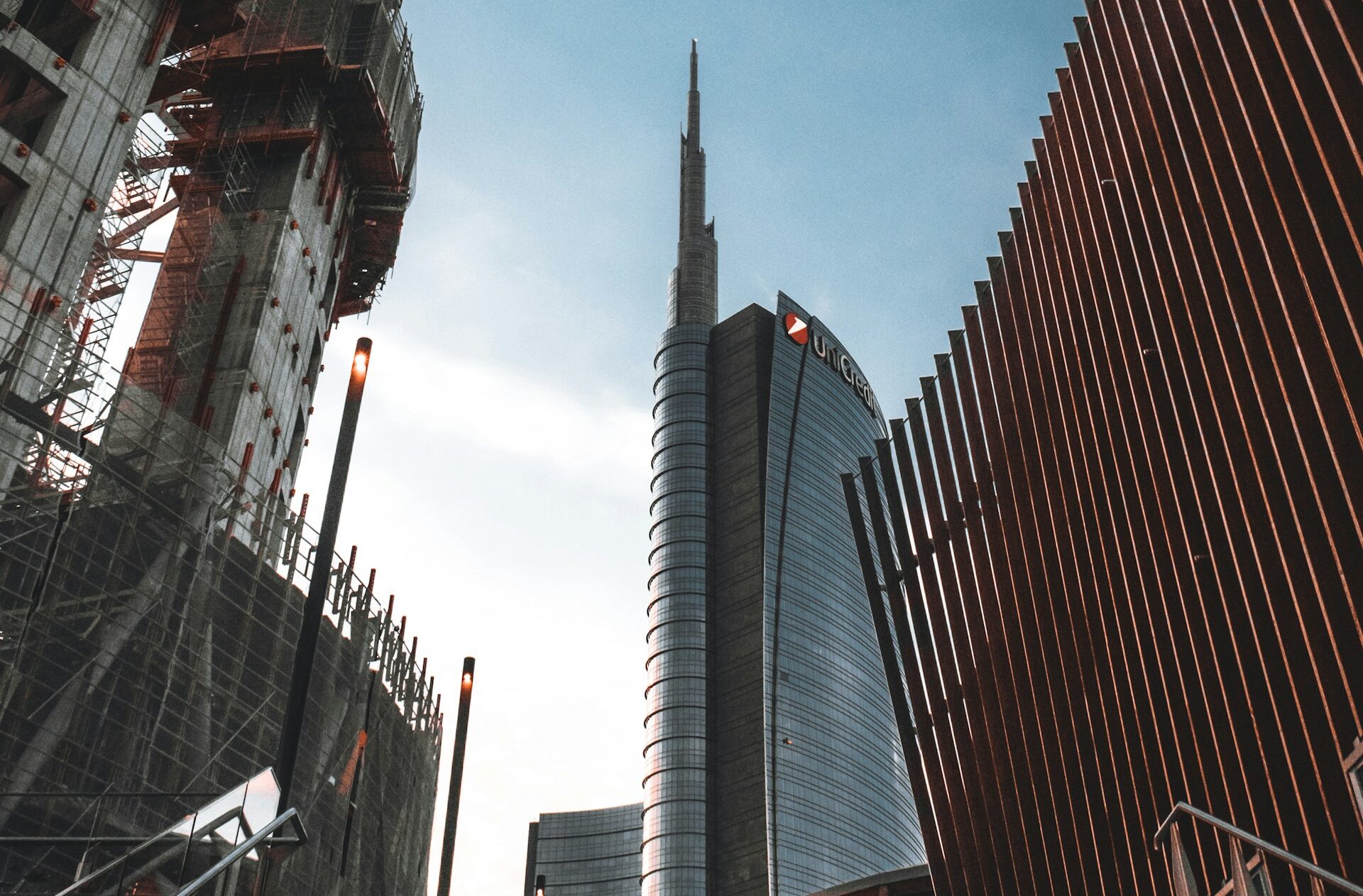
Whether you have SHMSRS or SKGB ownership, you’ll likely be part of a Management Unit (PPPSRS). This unit, formed by all apartment owners, is responsible for the building’s upkeep, maintenance of common areas, and ensuring a smooth living environment for everyone. Here’s how you can effectively manage your apartment:
Understanding the Articles of Association (AOA) and Bylaws
These documents outline the rules and regulations for the apartment complex. Familiarize yourself with these to understand your rights, responsibilities, and contribution to the PPPSRS,
PPPERS stands for Perhimpunan Pemilik dan Penghuni Satuan Rumah Susun (Association of Owners and Tenants of Condominium Unit) in Indonesian. It’s essentially the Management Unit for your apartment complex.
Participating in Owner Meetings
It is important to understand the regular meetings are held to discuss building issues, maintenance needs, and budget allocation. Actively participate in these meetings to have your voice heard and contribute to decision-making of having a foreign ownership.
Paying Maintenance Fees
These fees are crucial for maintaining the building’s functionality and value. Pay your dues promptly to ensure a comfortable living environment for all residents.
Electing Representatives
The PPPSRS is typically led by a board of directors elected by the apartment owners. Vote in these elections to ensure responsible leadership for the building’s management.
By understanding your ownership certificate and actively participating in the PPPSRS, you can ensure a smooth living experience and contribute to the overall value and well-being of your Indonesian apartment complex.
Want to Know More About Apartment Ownership Letter? Find the Latest Property Info in Indonesia with Lets Move Group!
Lets Move Group is here to help you find the latest information about properties in Indonesia. We provide various informative articles and tips & tricks about properties to assist you in finding your ideal home.
Contact Lets Move Group now for assistance in finding your ideal home!



